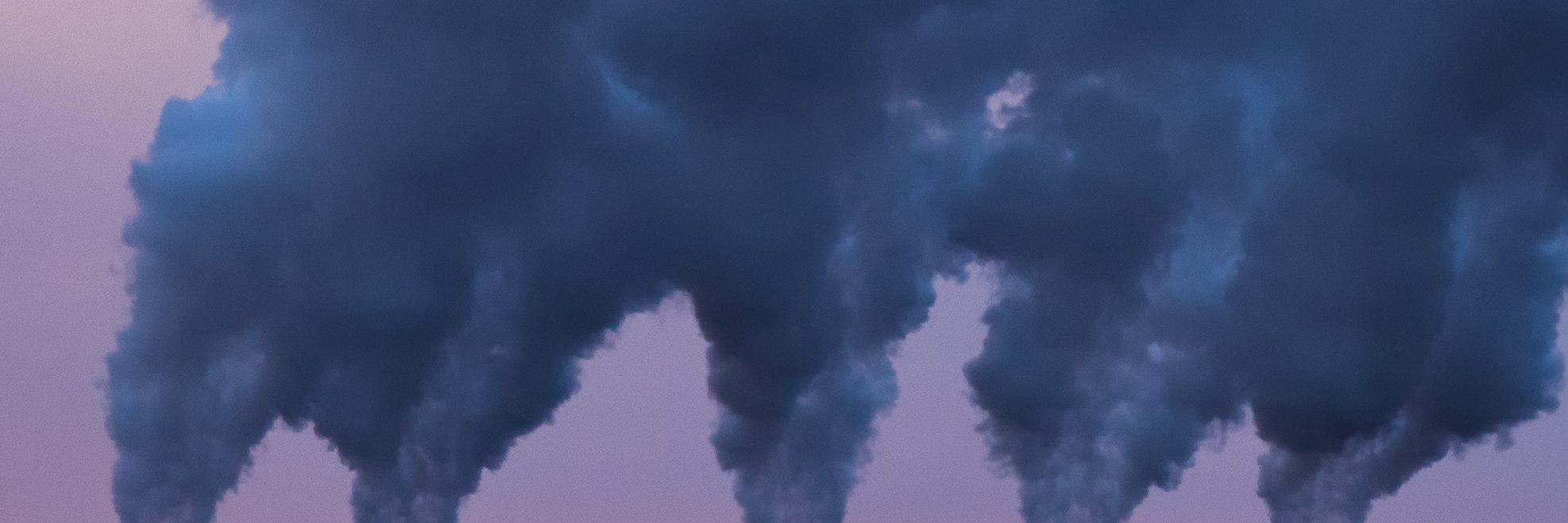Fossil fuel companies make up 80 per cent of global emissions, according to a new study. Image source: Tony Webster, via Wikimedia Commons.
Fossil fuel companies have been found to be responsible for 80 per cent of emissions worldwide since the Paris Agreement, according to a new report.
Released by UK-based InfluenceMap, the report narrows down the discussed emissions to a mere 57 fossil fuel companies.
The emissions were measured across the timespan between the Paris Agreement being forged in 2015 to current day by analysing emissions data. The information came from a database called Carbon Majors, which has been running since 2013.
The Paris Agreement was a worldwide declaration for all countries to reduce their carbon footprint and greenhouse gases, seeking to limit global warming to 1.5 degrees overall.
To accomplish this, the Paris Agreement outlined how “greenhouse gas emissions must peak before 2025 at the latest and decline 43% by 2030.”
It was found that, contrary to guidelines, emissions rose after the Paris Agreement rather than lessening.
InfluenceMap divided the emissions into six categories: Oil, Coal, Cement, Gas, Flaring, and Other. The top 122 companies that produced these materials were then ranked in order of their overall contribution to climate change.
The data was then further delineated into investor-owned and state-owned companies by world regions.
The report traces emission data from the time of the Industrial Revolution, when fossil fuel burning became widespread. China’s national coal production was found to be the single largest source of pollution, accounting for 14 percent of emissions over the report’s span, followed by the former Soviet Union.
Currently, state-owned company Saudi Aramco, an oil producer, was found to have produced the highest amount, making up 4.8 per cent of total global emissions.
Four Australian companies were also included in Carbon Majors’ database. They were BHP, Woodside, Santos, and Whitehaven Coal. All but BHP were found to have increased emissions from 2016.
Daan Van Acker, program manager of InfluenceMap, states that the report’s aim is to provide transparency about the bulk of global emissions and their sources.
“The main objective of the database is really to be an accountability tool, holding these entities to account for the products that they’ve produced, which are the foremost contributor to global climate change,” said Van Acker.
“It’s a very limited group of companies that are such a significant portion of global emissions.”

My second part of the article





